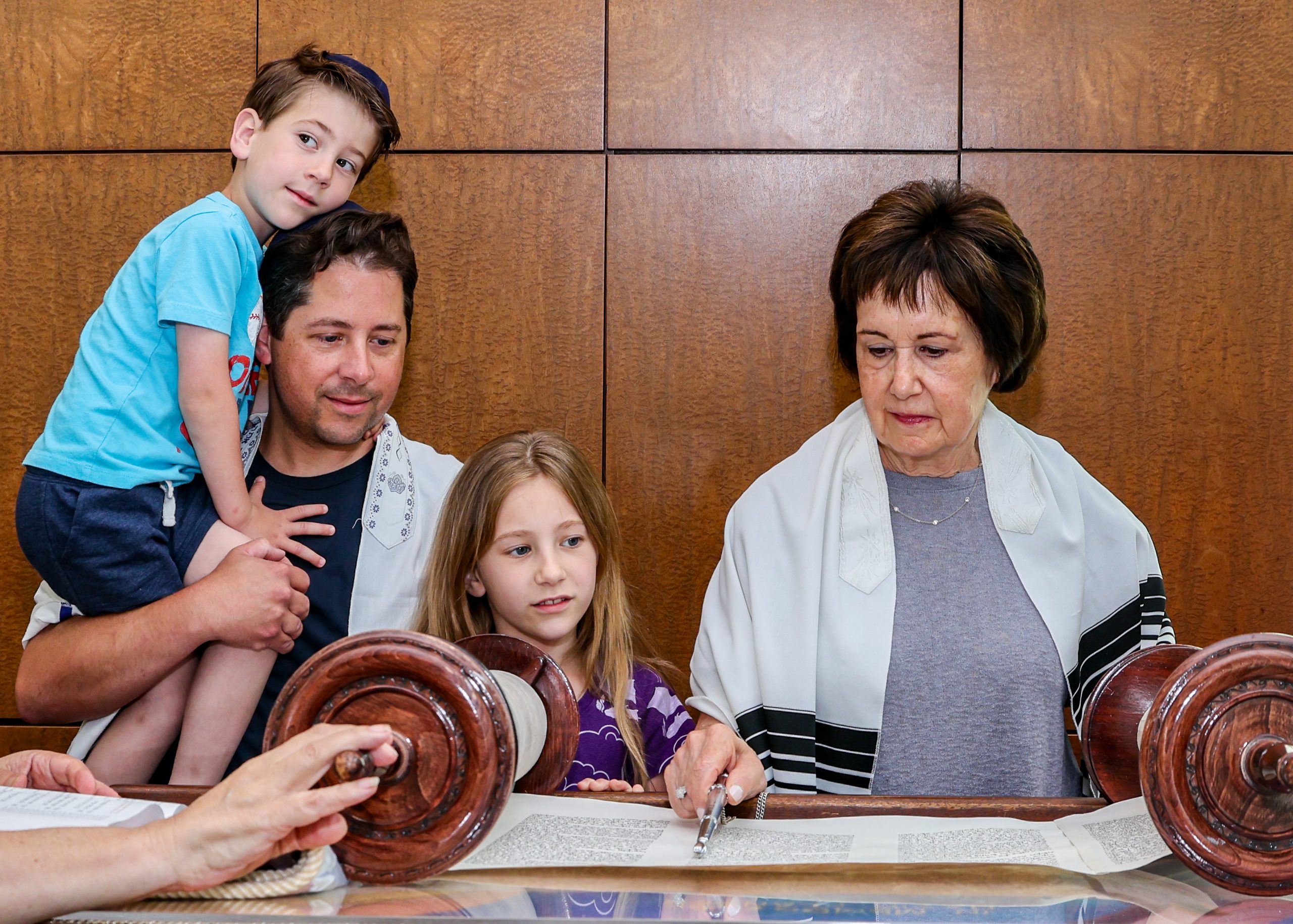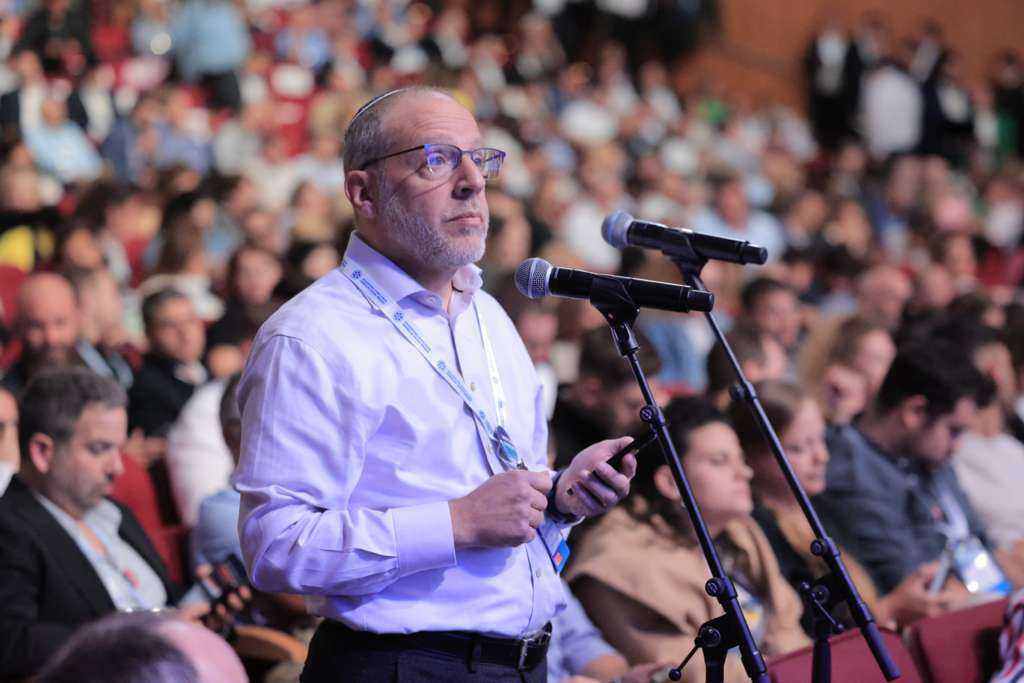
In our recent 3-minute survey, 90 synagogue leaders from USCJ-affiliated congregations shared how their communities approach the observance of Yomim Tovim—especially the traditionally practiced two-day holidays in the diaspora. The findings reveal a fascinating picture of how practices are evolving while still honoring the strong roots of tradition that unite us in communal Jewish life.
Two-Day Yomim Tovim: Still the Standard
A striking 97% of respondents said their synagogues continue to observe two-day holidays, consistent with longstanding diaspora norms. Just 3 congregations reported switching to Israel-style single-day observance, underscoring how deeply embedded the two-day structure remains in most communities.
Programming on the Second Day: Mostly the Same
While most synagogues honor the second day, only a handful of congregations reported offering specialized programming on this day. However, some have creatively enhanced the experience with musical services, Torah study opportunities, family-oriented events, and tasty food options. Many synagogues maintain similar programming between the two days, with a few noting that attendance on the second day tends to be lighter.
A standout example came from one congregation that organized an inspiring outdoor gathering on the second day of Sukkot featuring storytelling and music, demonstrating how creativity can beautifully complement our cherished traditions.
Yizkor Timing: A Steadfast Practice
Among both one-day and two-day observant congregations, Yizkor remains most commonly held on the second day (or the eighth, depending on the holiday).
What This Tells Us
While discussions about adapting Jewish practice for the modern world are ongoing, it’s clear that the two-day holiday model remains strong in the majority of Conservative/Masorti congregations. Although a few communities are exploring one-day observance, the prevailing trend remains anchored in tradition, allowing space for gradual evolution and creative interpretation rather than abrupt change.
We’d love to hear your thoughts! How does your community approach Yomim Tovim? Don’t hesitate to reach out and share your experiences!









